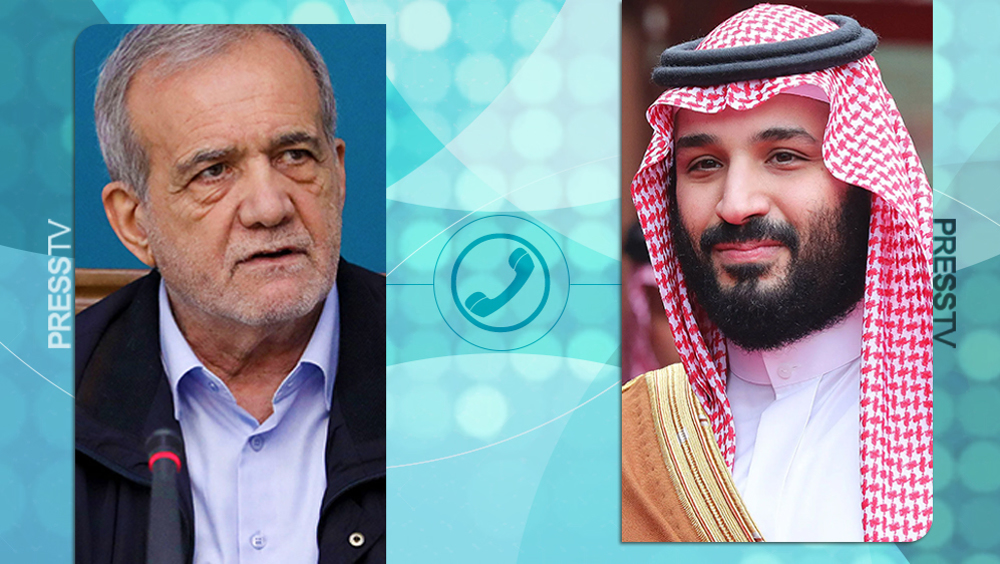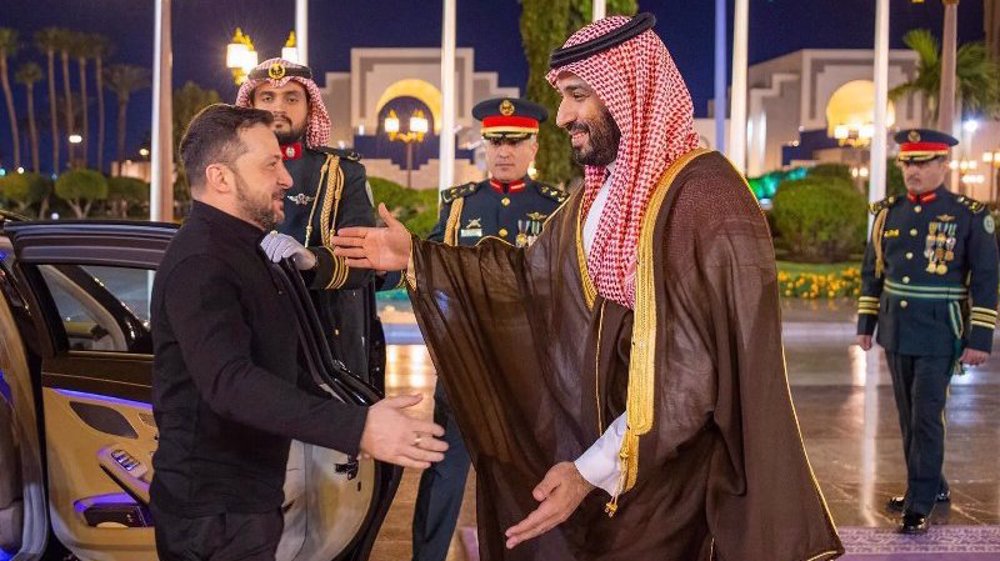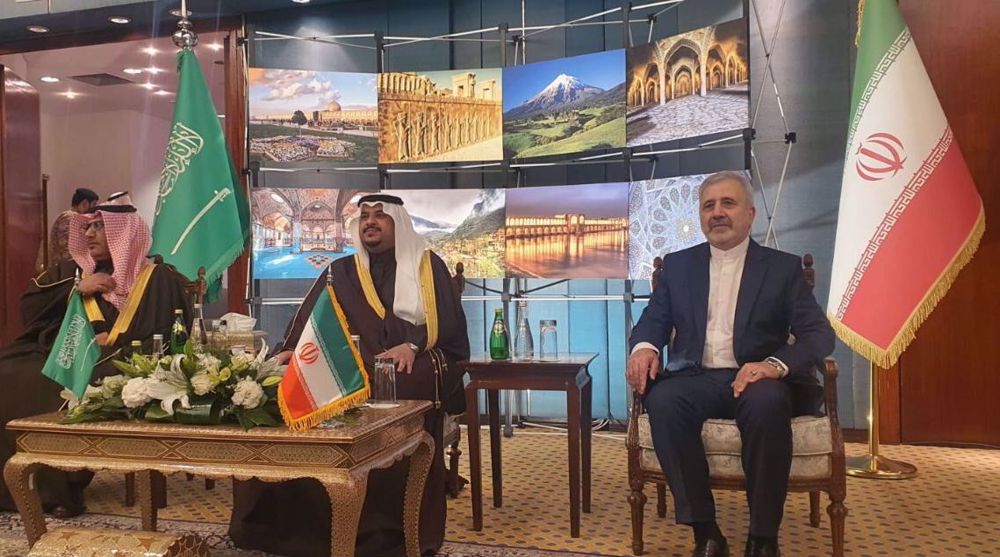UN removes Saudi Arabia from child rights violators’ blacklist
The UN has submitted to a Saudi demand to remove the kingdom from a blacklist of child rights violators, less than a week after it blamed Riyadh for the killing of hundreds of Yemeni children.
UN chief Ban Ki-moon said on Monday that he has accepted “a proposal by Saudi Arabia that the United Nations and the Saudi-led coalition review jointly the cases and numbers” cited in the report.
The Children and Armed Conflict (CAAC) report, published last Thursday, said the Saudi coalition was responsible for 60% of child casualties in Yemen last year, when it killed 510 children and injured 667 others.
“Pending the conclusions of the joint review, the Secretary-General removes the listing of the Coalition in the report’s annex,” Ban said, adding the decision was taken even though the report reflected “the highest standards of accuracy possible.”
Ban said he has invited Saudi Arabia to send a team to the UN headquarters for “detailed discussions” on the matter ahead of the Security Council’s discussion of the report scheduled to be held in August.
The CAAC report said that the Saudi military conducted half of its aerial attacks against schools and medical facilities.
“Grave violations against children increased dramatically as a result of the escalating conflict,” the report said.
Rights activists were furious, saying the decision cast doubt on the world body’s impartiality, and seemed to verify accusations of the UN's submission to Saudi pressure.
“After giving a similar pass to Israel last year, the UN Secretary-General’s office has hit a new low by capitulating to Saudi Arabia’s brazen pressure,” said deputy director for global advocacy at the Human Rights Watch Philippe Bolopion on Tuesday.
He said the UN’s move to remove Saudi Arabia from the blacklist was “whitewashed under pressure," adding the kingdom "firmly belongs on the list of shame.”
"Yemen’s children deserve better," he said.

Saudi Ambassador to the UN Abdallah al-Mouallimi said Ban’s decision in removing the coalition from the blacklist was “irreversible and unconditional.”
“We were wrongly placed on the list. We know that this removal is final,” he said, adding that the casualty toll given in the report was “exaggerated.”
On Wednesday, UN spokesman Stephane Dujarric said some 10,000 of Yemeni children, all less than five years of age, lost their lives last year as a result of “totally avoidable and preventable diseases” such as diarrhea and pneumonia.
Dujarric said the heavy loss was due to the closure of hundreds of health centers and the total collapse of the healthcare system in the war-torn country.
Release of child POWs
Separately, UN special envoy to Yemen Ismail Ould Cheikh Ahmed said all children taken captive during the deadly Saudi war on Yemen would be released under an agreement between the sides to the Yemeni conflict.
“The unconditional release of children was agreed, and the mechanics of the release of detainees in the coming days was addressed,” he wrote on his Twitter account on Monday, without giving the exact number of the detained minors.
Saudi Arabia launched its military aggression against Yemen on March 26, 2015 in a bid to bring Abd Rabbuh Mansur Hadi — a staunch ally of Riyadh who resigned from the presidency — back to power.
More than 9,400 people have been killed and at least 16,000 others injured since the onset of the aggression.

Pezeshkian: Iran's capability in defending itself at highest level

Zelensky in Saudi Arabia for support after clash with Trump in US

Tehran, Riyadh expanding, deepening mutual cooperation: Iran’s ambassador
FM: Iran, US holding ‘high-level talks’ on Saturday in Oman
Six UN agencies call for immediate resumption of Gaza ceasefire
VIDEO | Israeli crimes against Palestinians
VIDEO | PRCS reveals horrific details of Rafah paramedic massacre
Two-pronged retaliation: Yemen strikes Israeli targets in Yaffa, US destroyers in Red Sea
VIDEO | Lebanese students protest to show solidarity with Palestinians in Gaza
Iran’s top car manufacturers report fall in output
Rights groups urge UK prime minister to hold back on anti-migrant rhetoric










 This makes it easy to access the Press TV website
This makes it easy to access the Press TV website